

P. 3
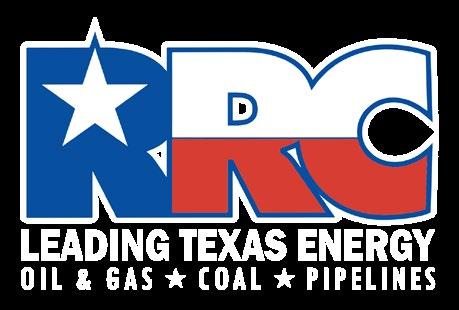
P. 4
RRC Trains 300 Staff in “Boots on the Ground” Initiative
P. 5
RCC Issues Enhanced Disposal Guidelines for Permian Basin Disposal Wells P. 6
TCEQ Accepting Comments, to Hold Public Hearing on Oil and Gas Air Permits



P. 3

P. 4
RRC Trains 300 Staff in “Boots on the Ground” Initiative
P. 5
RCC Issues Enhanced Disposal Guidelines for Permian Basin Disposal Wells P. 6
TCEQ Accepting Comments, to Hold Public Hearing on Oil and Gas Air Permits
Commissioners’ Corner VIEW
RRC Open Meeting June 17, 2025
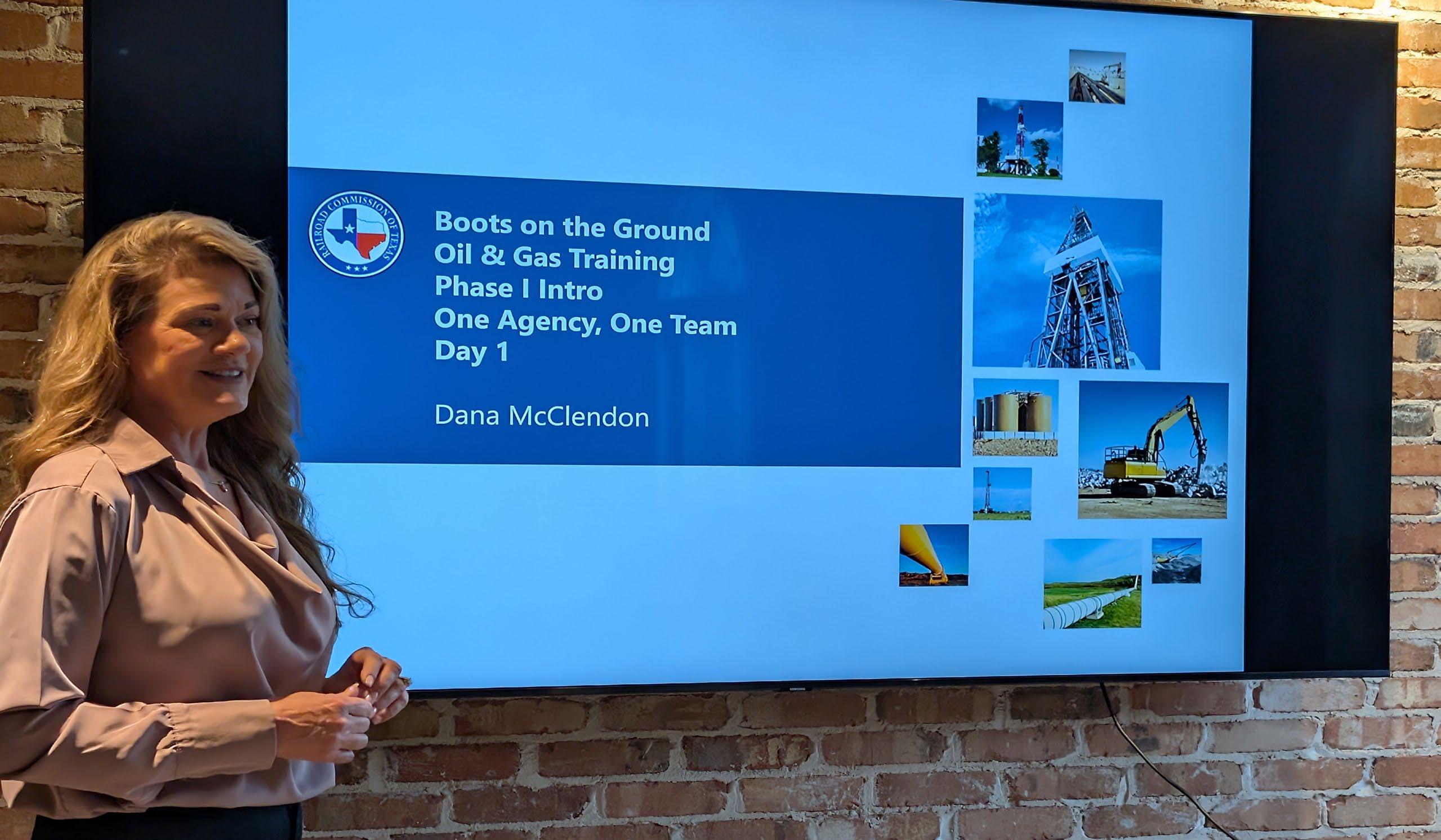
The Railroad Commission of Texas recently crossed a milestone in one of its key instruction programs, training more than 300 employees in Phase I of the agency’s Boots on the Ground initiative.
The goal of the program is to bring more consistency across all the agency’s oil and gas districts in how to apply Commission rules and processes, improving efficiency in the RRC’s day-to-day operations to protect Texans and the environment.
Phase I, “Introduction to Statewide Rules”, in the training covers the rules that inspectors and technical staff primarily deal with in the field.
Boots on the Ground is coordinated by Dana McClendon, the division trainer with the RRC’s Oil and Gas Division. The training’s in-depth discussion of rules and collaborative classroom environment helps inspectors understand how their field work
can have a lasting impact.
“This program brings clarity and understanding to the rules which helps inspectors do their job well,” said McClendon. “Our goal is to make sure everyone leaves more confident to do the inspections the state relies on to ensure operators are complying with safety regulations.”
Through robust training initiatives like Boots on the Ground, the Railroad Commission supports responsible energy production, helping the state generate billions of dollars in tax revenue.
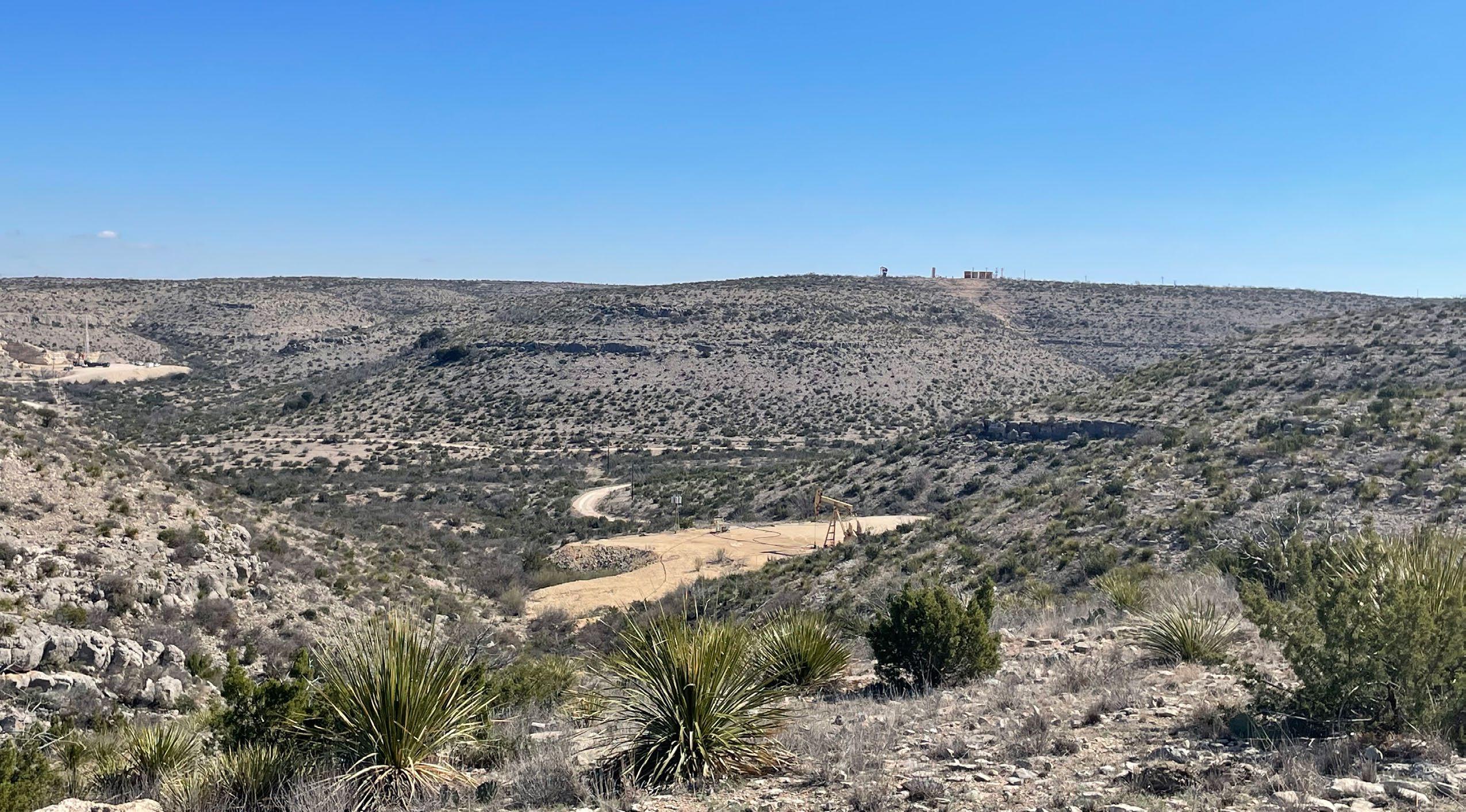
Utilizing scientific and engineering analysis, the Railroad Commission of Texas has issued new guidelines that further strengthen permitting of disposal wells in the Permian Basin.
In order to further enhance the integrity of the underground disposal of produced water, new requirements will be implemented for saltwater disposal well (SWD) permit applications in the region. Produced water is a byproduct of oil and gas production and is injected into SWDs.
New and amended permit applications in the Permian Basin will now be evaluated based on three primary factors:
• An expanded area of review (AOR) at the injection site;
• Limits on the maximum injection pressure at the surface based on geologic properties; and
• Limits on the maximum daily injection volume based on reservoir pressure.
In an AOR, operators are required to assess old or unplugged wells to ensure produced water would
not escape through those wellbores. The new guidelines increase the AOR to half a mile – an increase from the current quarter-mile radius.
The new permitting criteria also require operators to demonstrate that their injection pressure will not fracture the confining strata of the reservoirs that produced water is injected into.
Additionally, the RRC will place limits on the maximum volumes that SWDs can inject based on the pressure in the disposal reservoirs.
These changes strengthen the Commission’s disposal well permitting requirements by focusing permitting efforts to ensure injected fluids remain confined to the disposal formations to safeguard ground and surface fresh water.
The new SWD permitting guidelines in the Permian Basin go into effect on June 1. They apply to new and amended permit applications for deep and shallow disposal wells. Applications for disposal wells that are located within 25 kilometers of a seismic event will continue to be reviewed under the agency’s seismicity review guidelines
The Railroad Commission of Texas had the privilege to welcome Scott Mason, the Environmental Protection Agency Region 6 Administrator to Austin on April 29.
Mason met with commissioners during the RRC’s monthly open meeting at the Commission headquarters, reinforcing the two organizations’ long standing regulatory relationship. During the meeting they also signed an Underground Injection Control (UIC) program Memorandum of Agreement ensuring a strong partnership between state and EPA staff to effectively manage the UIC program.
The EPA has commended the RRC’s UIC program with the EPA Region 6’s annual evaluations highlighting the RRC’s strong oversight of injection wells in protecting underground sources of drinking water and our continuing work mitigating seismicity – all while supporting one of the most productive energy sectors in the world.
“We were pleased to welcome EPA Administrator Scott Mason to the Railroad Commission as we work together to protect natural resources and support energy independence,” said Chairwoman Christi Craddick. “In less than 100 days into a new White House administration, we are already making great progress with our partners at the federal level. Working with Administrator Mason strengthens our efforts to protect the environment while ensuring Texas remains a leader in energy and economic growth. Together, we will keep our energy strong and economy free while promoting prosperity, protecting our environment and keeping the economic miracle alive and well in Texas!”
“It’s a new dawn at the EPA under the leadership of
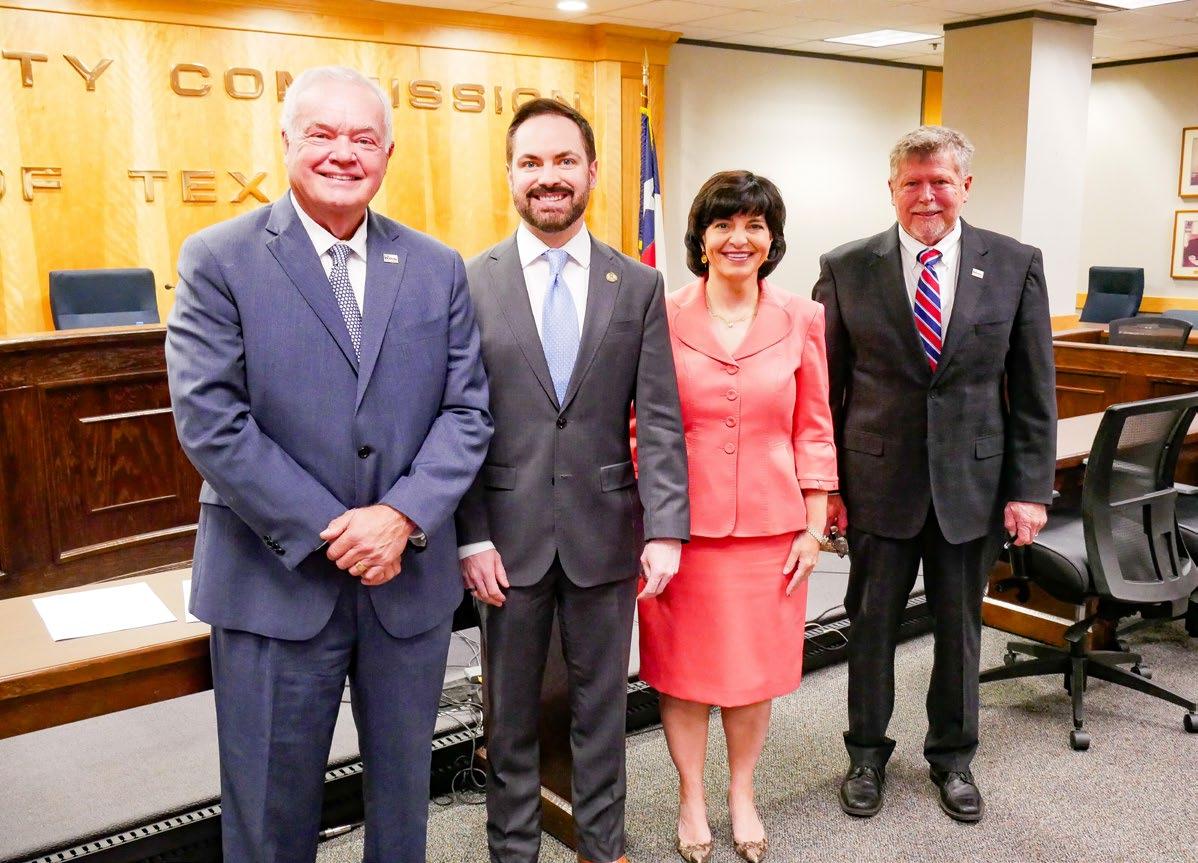
the Trump Administration and Regional Administrator Scott Mason, who value EPA’s true mission of safeguarding America’s environment and citizens over radical activism,” said Commissioner Wayne Christian. “The Lone Star State is world renowned for providing safe, reliable energy, and I look forward to a great working relationship with Regional Administrator Mason and President Trump’s EPA to ensure Texas remains on top. As the EPA works on finalizing approval for the Commission to permit carbon capture utilization and storage, I’ll be interested to see if any future permits are reliant on taxpayer dollars and scrutinizing those that do.”
“It was an honor to have EPA Region 6 Administrator Scott Mason at today’s Railroad Commission Conference,” said Commissioner Jim Wright. “Collaboration between the EPA and the Railroad Commission is of the utmost importance as it ensures our domestic energy production continues to be a driving force to the Texas economy. I look forward to working with the new EPA leadership to usher in a new era of collaboration to further enhance the environmental and economic well-being of our nation.”
The RRC welcomes this continued engagement and partnership with Region 6, the EPA and White House and is ready to build on this momentum. Texans can be assured the RRC will fully utilize its regulatory expertise, experience and oversight to protect the public interest and continue to strengthen a thriving Texas economy and energy industry.

This week, the 89th Texas Legislative Session wrapped up, and I’m pleased to report many of the Railroad Commission’s key funding requests and legislative proposals were approved.
Specifically, budget writers provided the agency with $100 million to address emergency wells, expensive high-priority wells, and the overall increased cost of plugging orphan wells across the state.
We also received funding and additional personnel for key initiatives such as a new produced water and injection data reporting system, an underground injection well investigation team to study and better understand seismic issues associated with oil and gas activity, and we received resources to implement a new system for operators to provide more information about pits used to store or manage oil field fluids and oil and gas waste.
These additional resources will serve the Railroad Commission well in its effort to maintain essential health, safety and environmental oversight of the state’s energy sector, and I’m grateful for the legislature’s support.

This month Commissioner Christian traveled to Washington, D.C. to visit with the US Oil and Gas Association. The Commissioner got the opportunity to talk with US Department of Interior Secretary Doug Burgum about how Texas oil and gas powers the nation.
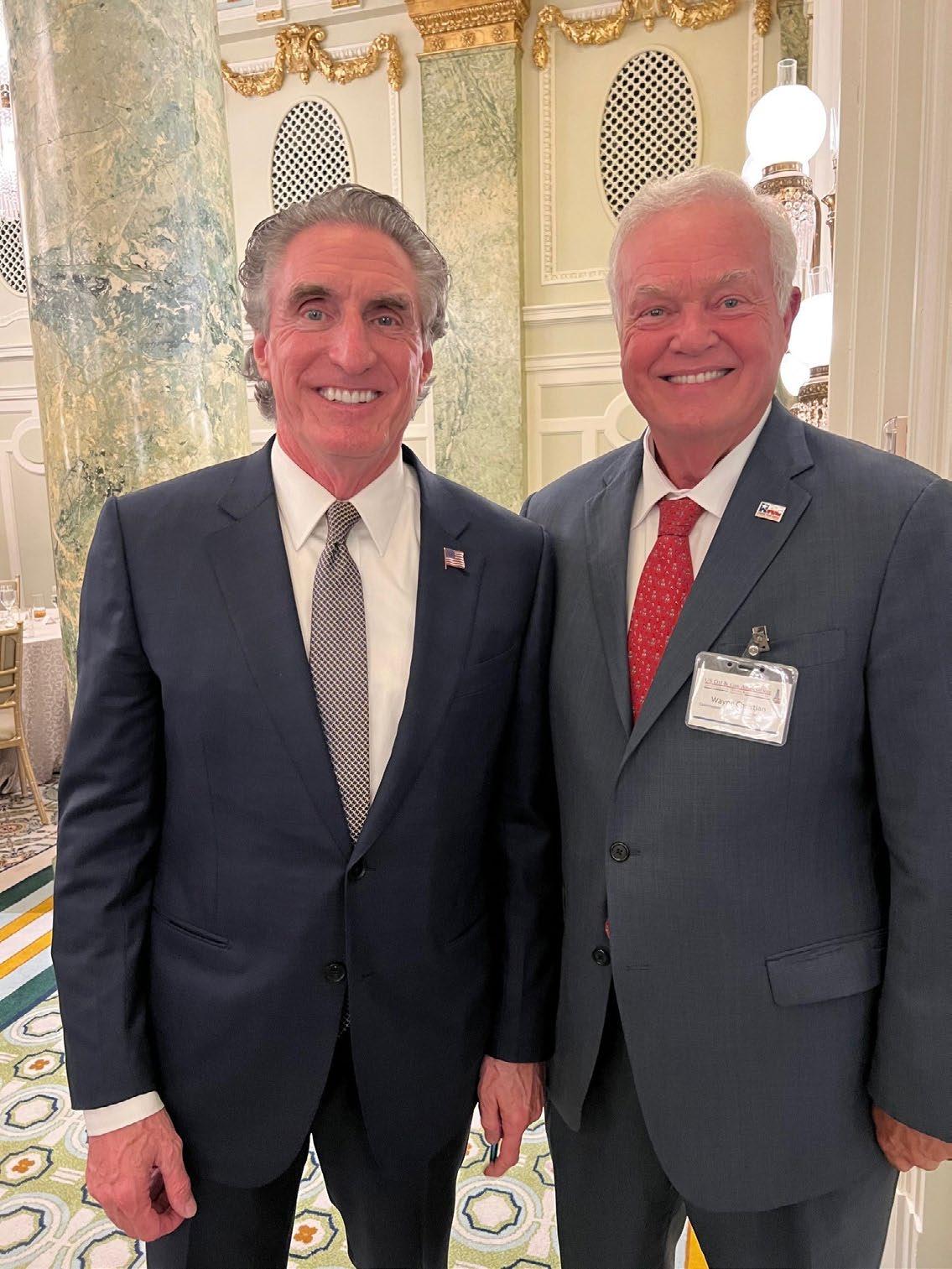
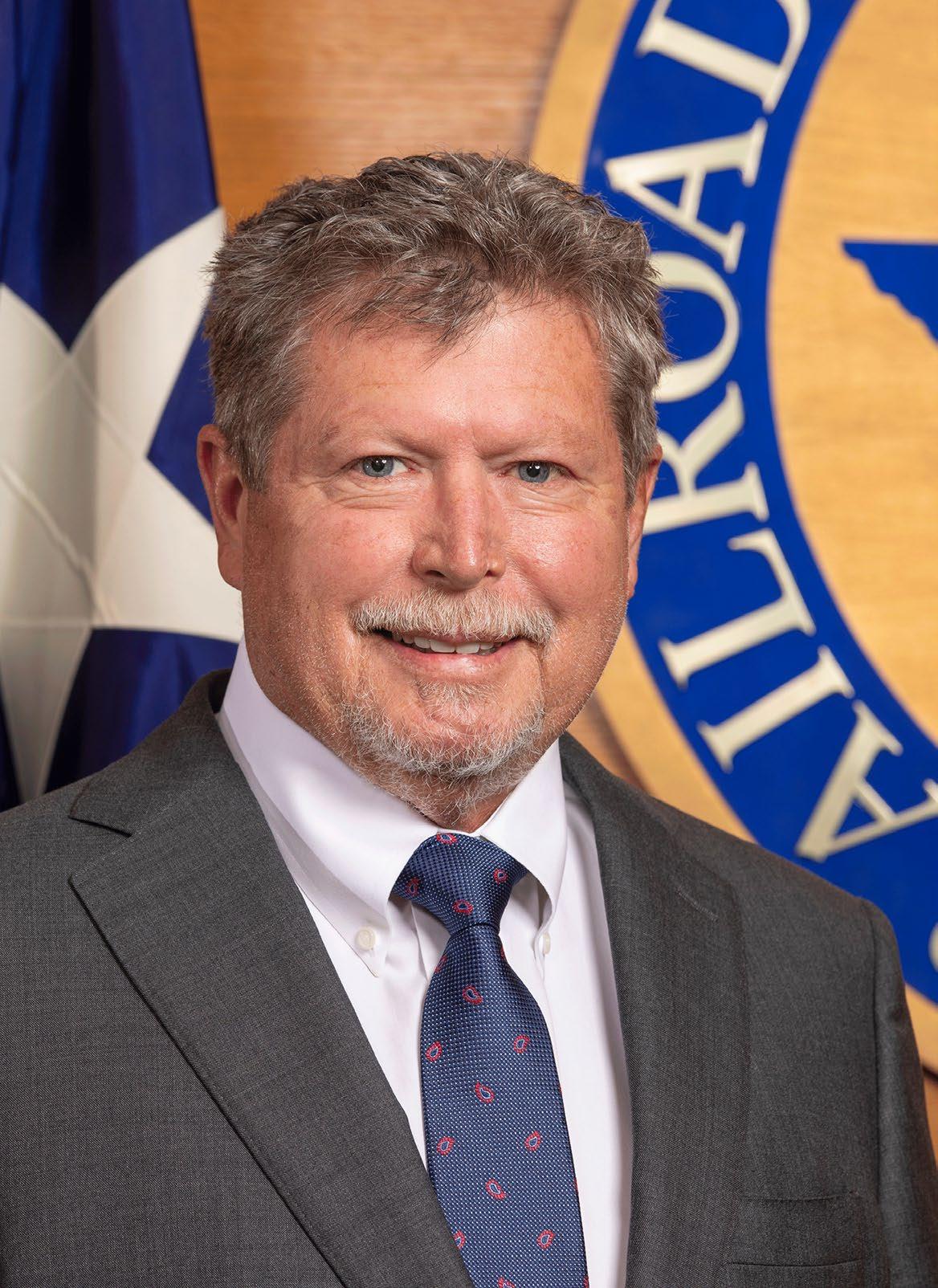
In May, Commissioner Wright traveled to Oklahoma City to attend the annual Interstate Oil and Gas Compact Commission’s (IOGCC) Annual Meeting. At the meeting, Commissioner Wright offered a resolution, which was subsequently approved, calling for greater collaboration between states and the federal government on produced water research and beneficial reuse opportunities.
Later in May, Commissioner Wright attended a Water conference in Corpus Christi, where he moderated a panel discussing the potential for produced water as viable water source for Texas. Commissioner Wright was joined by EPA Region 6 Administrator, Scott Mason, who addressed the audience and provided his perspective on efforts to treat and utilize this untapped resource.
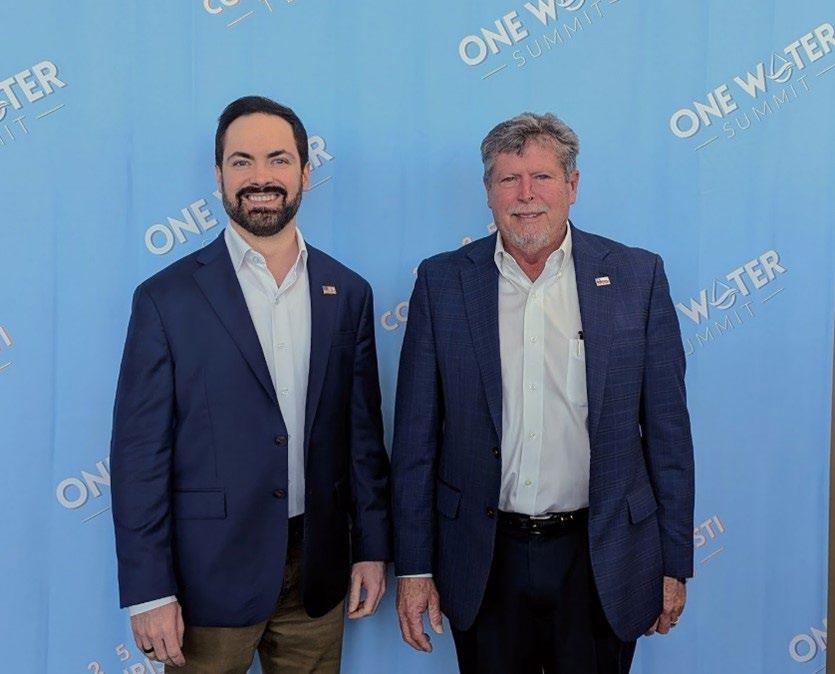

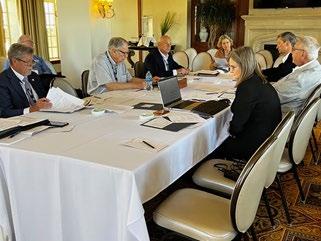
View monthly production totals of crude oil, condensate and total oil; and of gas well gas, casinghead gas, and total natural gas.
The Commission has primary oversight and enforcement of the state’s oil and gas industry and intrastate pipeline safety. View RRC’s Latest Enforcement Actions here.
The Public GIS Viewer allows users to view oil, gas and pipeline data in a map view.